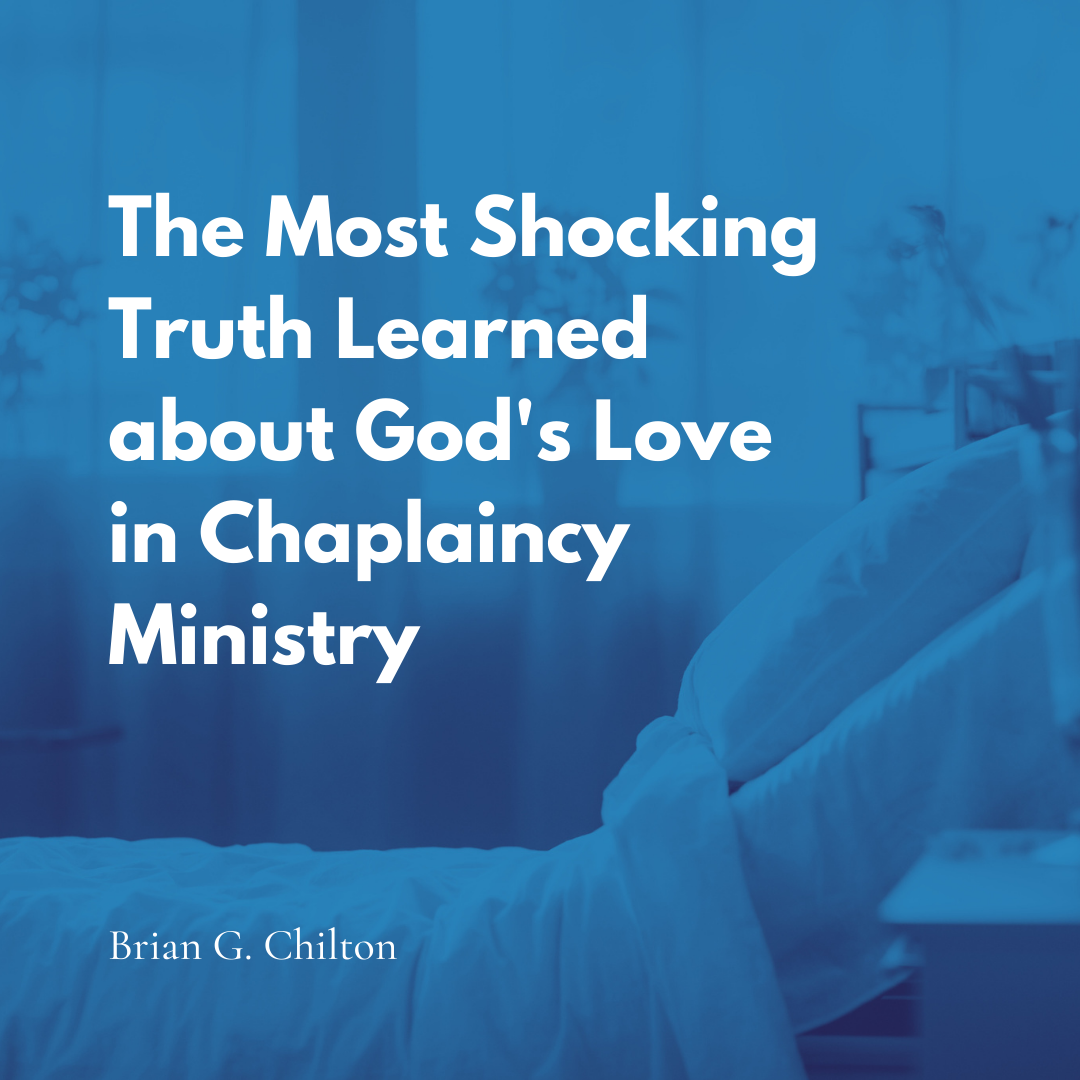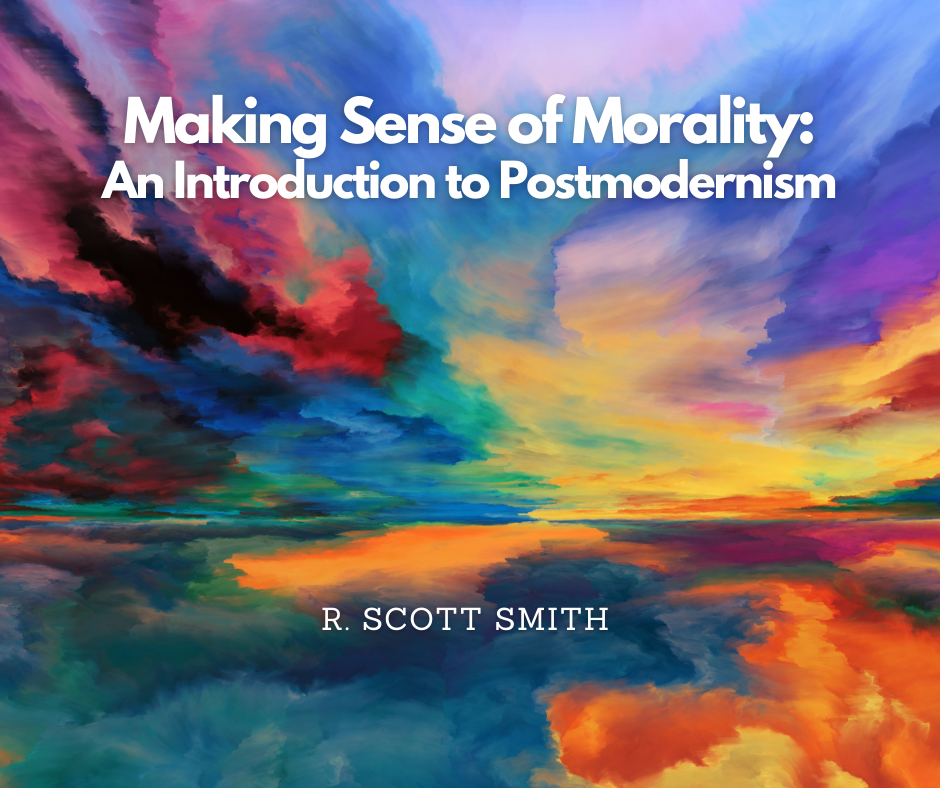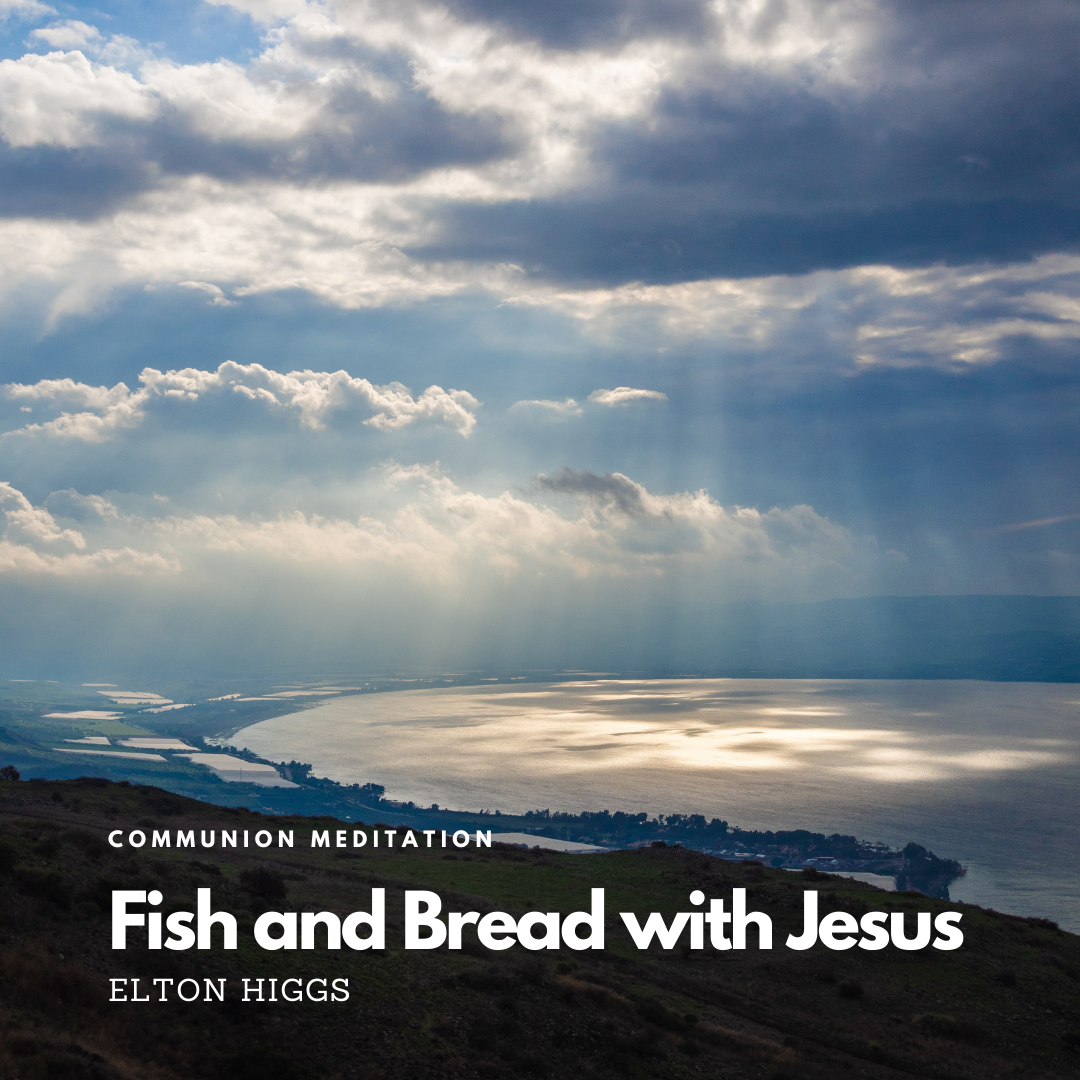Mormonism and the Moral Argument
/Many moral apologists hold that the moral argument ultimately points beyond mere theism to the truth of Christianity in particular. Such a view is held by David Baggett, Jerry Walls, H.P Owen, and C.S. Lewis. But if that’s the case, then we should discover that Christianity really does explain the moral facts, facts about moral value, moral knowledge, and moral rationality, better than not just secular atheistic theories, but alternative religious explanations as well. Today, I give some suggestions about why Christianity is a better explanation than Mormonism.
Some may be perplexed that I would draw such a sharp distinction between Christianity and Mormonism. Isn’t, after all, Mormonism just another Christian denomination? In that case, it might be like saying Methodism better explains the moral facts than does Catholicism. Such confusion is understandable, especially given that in recent memory, the LDS church, the largest of many different restorationist Mormon denominations, has seemingly tried to represent themselves as just another Christian denomination, even officially dropping the “Mormon” moniker in 2018.[1] They now wish to be known simply as the “Church of Jesus Christ.” So, to make the distinction clear, it will help to lay out, briefly, a few key facts about the Mormon religion.
Mormon Theology and Metaphysics
Most know that Mormonism is a religion founded by Joseph Smith, who claimed to be a prophet, seer, and revelator. Smith claims that “God the Father and Jesus Christ appeared to him in a grove of trees near his parents’ home in western New York State when he was about 14 years old.”[2] Smith went into the woods to pray, partly to find out which church he should join, frustrated by the “war of words and the tumult of opinions” among the Christian denominations.[3] Smith wanted to know which church was right, but in the grove he learned that none were. A few months later, Smith claims that he was visited by the angel Moroni, who directed him to the location of some buried gold plates, which contained an account of “the former inhabitants of this continent” and “the fullness of the everlasting Gospel.”[4]
Later, Smith supposedly found and translated these golden plates, the resulting work being the Book of Mormon. Christian critics of the Book of Mormon note that despite its unusual provenance, its “theology is largely orthodox in nature.”[5] However, Smith had started a new religious movement, one that would evolve and develop new doctrines, largely supported by its commitment to ongoing revelation. Through continued revelation and inspired translations, Smith would build upon the mostly benign theology of the Book of Mormon and would include, infamously, the doctrine of plural marriage (polygamy) among others.
I suspect that most with at least a passing awareness of Mormonism know these basic facts, but many are not familiar with some of the more exotic teachings of Prophet Joseph. In the late 1830s and into the 1840s, Smith produced a “translation” of some Egyptian papyri. Smith claimed that the documents he bought from traveling salesmen Michael Chandler was actually a lost, first person account from Abraham himself, about his days in Egypt.[6] In this “Book of Abraham,” we learn that there are eternally existent “intelligences” (3:18). God is said to dwell in the midst of these; these intelligences were “organized” before the making of the world (3:22-23). The Book of Abraham is clear that all human beings are organized from these eternal and pre-existing intelligences. Such a view raises important questions about God’s relation to these intelligences. Are they, though eternal, nevertheless ontologically dependent upon him in some way?
Fortunately, in 1844 Joseph Smith would answer this question directly in a sermon given shortly before he died. In his “King Follet Sermon,” Smith proclaimed that “God himself was once as we are now, and is an exalted man, and sits enthroned in yonder heavens!” He adds that God is “like yourselves in all the person, image, and very form as a man.”[7] Smith provides further detail, explaining how God came to be God: “We have imagined and supposed that God was God from all eternity. I will refute that idea, and take away the veil, so that you may see… He was once a man like us; yea, that God himself, the Father of us all, dwelt on an earth, the same as Jesus Christ Himself did; and I will show it from the Bible.”[8]
LDS scholar Richard Bushman says that in this sermon, Joseph taught that “God was one of the free intelligences who had learned to become God.” Bushman adds that this interpretation is “obvious.”[9] Bushman further comments that Joseph Smith’s “words evoked a hierarchy of gods, succeeding to higher stations of greater glory as kingdoms are presented to them and as rising souls below them ascend to godhood… He [God] is their teacher, not their maker.”[10] Additional clarification and endorsement of this doctrine was given by later church president and prophet, Lorenzo Snow, who said, “As man is God once was, as God is man may be." A church produced magazine comments on this couplet that “it is clear that the teaching of President Lorenzo Snow is both acceptable and accepted doctrine in the Church today."[11]
The moral argument is an argument for the existence of God. Proponents of the moral argument understand this God to be the only God, eternally existent, the ground of all that exists, singular, and that there is none other like him. Many moral apologists adopt a broadly Anselmian understanding of God as the Greatest Conceivable Being, the sort of being that possesses all great making properties in a maximal way. He is all good, all powerful, and all knowing. This point is critical and not merely incidental to the moral argument. God must be maximally great, and therefore sui generis, or else God cannot be the explanation of morality.
The Problem of God’s Goodness
Plato’s famous Euthyphro Dilemma can highlight the difference between Christian monotheism and Mormon theology.[12] Plato argued that either the Gods love what is good or something is good when it is loved by the Gods. If the Gods love what is good, then morality doesn’t need the Gods. We can have morality without appeal to the Gods. We simply love the good and we will be moral. But if something is good just because it is loved by the Gods, then morality is arbitrary and irrational. Christian moral philosophers like David Baggett have argued that theism can “split the horns” of the dilemma. One can identify the good with God, so that morality depends on God but is not arbitrary. Theists can also think of moral obligations as identical to God’s commands so that what is morally right is determined by God.
However, such an option is not available to Mormons. Since the person they call “God” is an uncreated intelligence, and the same kind of thing as all other persons, he cannot be identified with the good. No finite and concrete thing like an intelligence would rightly fill that role. If we pose the Euthyphro dilemma to the Mormon, the answer can only be that God loves what is holy. God is simply an exalted man and cannot be the ground of what is moral. Therefore, on the Mormon view, objective morality would exist whether God exists or not.
Certainly, the Mormon God may issue commands to us, but why should we obey them? And the Mormon God may even be good; he might have a perfected moral character, but he cannot identical to the good; he is not Anselm’s Greatest Conceivable Being. He is, as Smith said, an exalted man. He is not the creator of human beings, merely their organizer.
In my view, this issue about the Mormon God’s relation to the good is the central challenge to morality on a Mormon view of the world. But there are other formidable issues. I want only to mention two more.
The Problem of Moral Knowledge
First, there is the problem of moral knowledge. On the Christian view, God is omnipotent and makes the world ex nihilo. He has meticulous control over the world and over the creation and development of our minds. Since he is good and capable, it is natural to think he would make us to know moral truth. However, on the Mormon view, we have always existed as “intelligences” and God’s power is limited. He can form us, but does not create us. Our minds, in particular, seem to exist from eternity past as “intelligences.” Why think, then, that our cognitive abilities are able to discern moral truth? If we are able to know moral truth, one possibility would seemingly be that it is an inexplicable, brute fact about our status as uncreated intelligences. Intelligences just know what is moral and that is the end of the explanation. This would not be a satisfying explanation of how we can rationally have moral knowledge.[13]
The Problem of Moral Rationality
Second, there is the problem of justice and of the ultimate reconciliation between happiness and morality. Kant, in his moral argument for theism, argues that we must presuppose that God exists if for no other reason than to guarantee that justice is ultimately done. God judges, rewards the righteous and punishes the wicked. And he has the power to balance the scales in the final judgment. However, the Mormon God, limited in power and subject to the eternal laws of the universe, cannot guarantee the ultimate victory of good over evil. How things work out in the end are beyond his control. Certainly, we can grant that the Mormon God, as an exalted man, may have, relatively speaking, a tremendous amount of power. But not all power and not all knowledge. As Joseph Smith said, God is subject to the eternal laws of the universe, including the principles of exaltation and eternality of matter.[14] It would seemingly be a happy coincidence that God, given his limitations, was able to bring about the ultimate harmony of morality and happiness. Even if obedience to the Mormon God could, somehow, count as fulfilling our moral obligations, it remains to be seen how the moral life can be ultimately rational.
In conclusion, then, I want to reiterate I intend this short essay to be merely suggestive, one that probes potential issues with the Mormon worldview considering morality. I think these three issues, related to the goodness of God, moral knowledge, and moral rationality, are likely indicative of some serious shortcomings in Mormonism’s explanatory power regarding the moral facts and they give us at least a prima facie reason to think that Christianity better explains the moral facts.
[1] https://www.churchofjesuschrist.org/church/news/mormon-is-out-church-releases-statement-on-how-to-refer-to-the-organization?lang=eng
[2] https://www.churchofjesuschrist.org/study/manual/gospel-topics-essays/first-vision-accounts?lang=eng
[3] https://www.churchofjesuschrist.org/study/scriptures/pgp/js-h/1.5-20?lang=eng#p5
[4] https://www.churchofjesuschrist.org/study/scriptures/pgp/js-h/1.5-20?lang=eng#p5
[5] Carl Mosser, “And the Saints Go Marching On” in The New Mormon Challenge.
[6] However, it is very likely that the papyri had nothing to do with Abraham and were a collection of well-known texts. These have since been translated by Egyptologists and no connection to Abraham is evident. Cf. https://coldcasechristianity.com/writings/how-the-book-of-abraham-exposes-the-false-nature-of-mormonism/
[7] https://www.churchofjesuschrist.org/study/ensign/1971/04/the-king-follett-sermon?lang=eng
[8] https://www.churchofjesuschrist.org/study/ensign/1971/04/the-king-follett-sermon?lang=eng
[9] Richard Bushman, Rough Stone Rolling, 534.
[10] Bushman, 535.
[11]The comment was made in 1909, but reprinted in 2002. https://www.churchofjesuschrist.org/study/ensign/2002/02/the-origin-of-man?lang=eng
[12]Some LDS scholars argue that LDS doctrine is not polytheistic. They say such a term is “pejorative, inaccurate, and inappropriate.” Cf. https://www.fairlatterdaysaints.org/answers/Mormonism_and_the_nature_of_God/Polytheism#Question:_Are_Christians_monotheists.3F
Note, however, that the FAIR explanation of monotheism seems to be functional rather than ontological. They are monotheists because they worship one God. However, this would be, at best, an idiosyncratic use of the terms monotheistic and polytheistic. The article further incorrectly defines “social trinitarianism” as the denial that the Trinity is one substance. They also try to argue that the Christian doctrine of theosis, which has some biblical basis, is the same as the one taught by the LDS church. That is also simply incorrect; orthodox Christians have never taught that human beings can become God in exactly the same way as God is God, even if they held that there is some mystical union between a human person and the divine.
[13] There are potentially some other explanations for grounding moral knowledge, which I consider here.
[14] https://abn.churchofjesuschrist.org/study/ensign/1971/04/the-king-follett-sermon?lang=eng
The Managing Editor of MoralApologetics.com, Jonathan has been a vital part of the Moral Apologetics team since its inception. Currently, he serves as adjunct instructor of philosophy for Grand Canyon University and Liberty University. Prior to these positions, he was ordained as a minister and served as spiritual life director. He is the author or co-author of several articles on metaethics, theology, and history of philosophy. With a Master’s in Global Apologetics and a graduate of Biola’s Master’s program in philosophy, he is currently in the throes of finishing his doctoral dissertation in which he extends a four-fold moral argument from mere theism to a distinctively Christian picture of God. Jonathan, his wife Sara, and their two children presently live in Lynchburg, Virginia.



















































